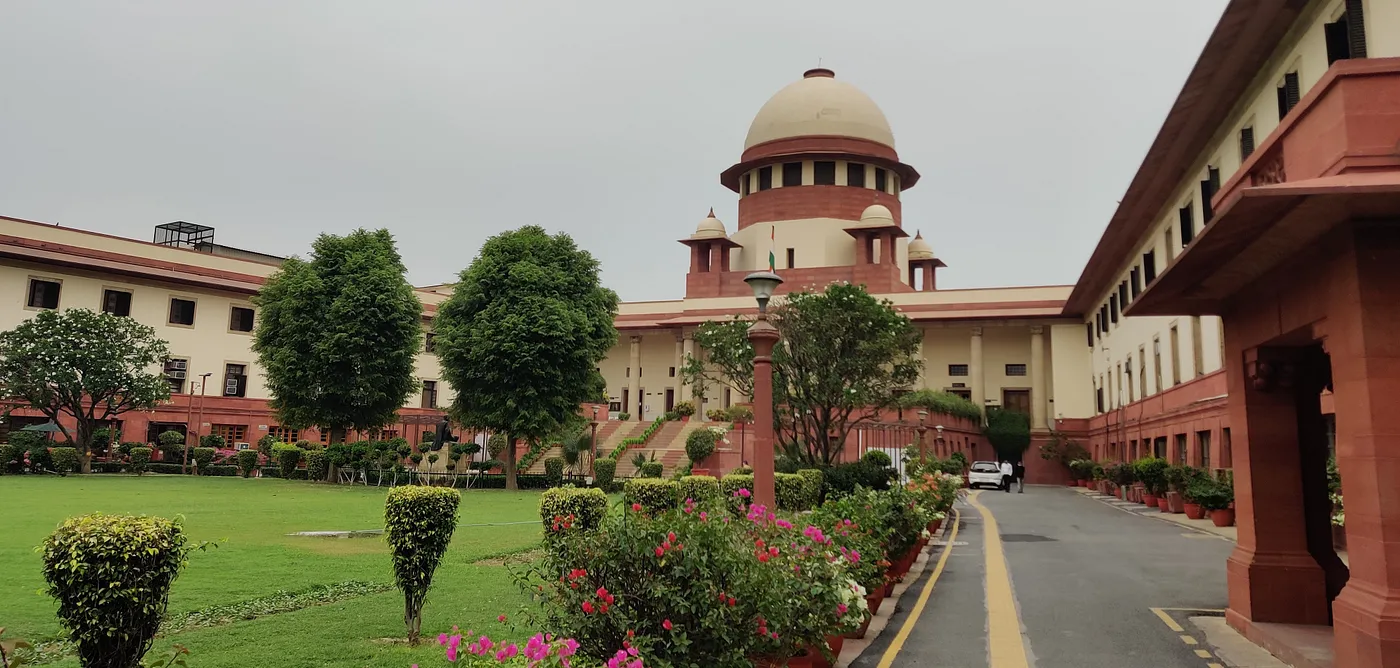Amba Kak, Executive Director of the AI Now Institute, and Yale Law’s Paul Tsai China Center Senior Fellow Samm Sacks released a policy report on the key data-governance trends in India, China, and the European Union (EU). The report includes detailed analysis of what these governance trends mean for access and transfer of data in a digital economy.
The paper, “Shifting Narratives and Emergent Trends in Data Governance Policy: Developments in China, India, and the EU,” analyzes these regions and their emerging policies relating to data privacy, transnational data flows, access to datasets held by companies or governments, and rules that promote the competitiveness of “national champion” tech platforms.
Through their analysis, Kak and Sacks identified high-level themes across India, China, and the EU. While these trends are similar, they manifest themselves very differently when understood within the richer and messier national context of these regions. These trends include:
- National or regional economic development is emerging as a dominant justification for data-governance policy. This often translates into policy that incentivizes data sharing within national or regional borders to aid domestic businesses, and stricter controls on data flows outside of the region.
- Recent data- and AI-governance frameworks include clear elements of industrial policy, such as the facilitation of domestic data markets, promotion of domestic cloud infrastructure, and public investment in skill building and research infrastructure.
- Regulation is increasingly tailored to specific subcategories of data in order to justify tailored interventions that can meet economically oriented policy goals, beyond those of data privacy or security. There is a particular uptick in regulatory activity around the (unstable) category of “non-personal data.”
- Increasing availability and access to data is projected as a key policy goal to boost the national data economy. This includes creating techno-legal arrangements for easier sharing and reuse and pooling state and private data resources. In the EU and China, there is a major focus on increased access to government datasets for private data businesses (alongside government access to private data in China), while in India, draft policies gesture toward access to data held by foreign private firms.
- Policies for enabling data exchanges or similar mechanisms are increasingly common. Broadly, these are described as technical and legal mechanisms that can facilitate easier transfer of ownership and control over use of data between different entities. The practical implementation of these nascent proposals remains less clear.
The report also explores how growing shifts in data-governance policy within the United States and China prompt us to re-evaluate binary frames of analysis (such as “open” versus “closed”) which, over time, produce and sustain their own blind spots. The analysis in this report demonstrates that flattening data policy into the “China model” or the “U.S. model” (or even the European so-called “third way”) obscures the contradictions within these national policies and overlooks their inter-dependencies.
Read the full report.
Research Areas
